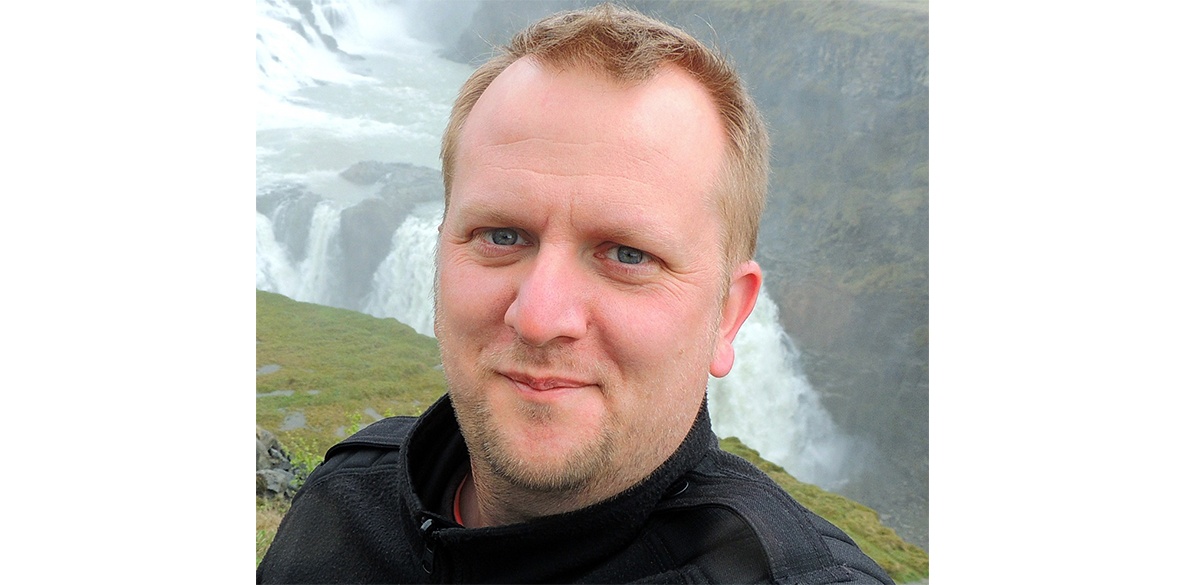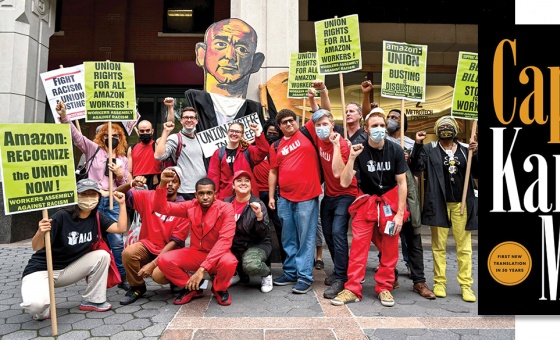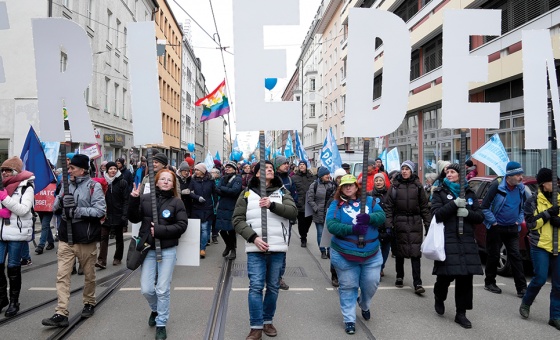This is the last article you can read this month
You can read more article this month
You can read more articles this month
Sorry your limit is up for this month
Reset on:
Please help support the Morning Star by subscribing here
THIS year has featured a wave of books dealing with the way human beings are defined by their stories, myths and art and one of the most impressive is The Dollmaker by Nina Allan (riverrun).
A novel of stories within stories, blending traditional literary fiction with fantasy, myth and metafictional games, its framing narrative has Andrew, an accomplished creator of beautiful bespoke dolls, spotting an advert in a trade magazine.
He’s swept into a quest involving a mysterious woman called Bramber and he shares with her an obsession with an eastern European dollmaker and writer of dark fairy tales.
The magical transformations of this woman’s stories recapitulate events in Andrew’s world. He finds wonder in the mundane and freights her fantasy with familiar feelings and moral dilemmas.
Locations in the book, rural and urban, real and imaginary, are vividly depicted. This tale of mystery, literary allusion and authorial trickery is a thoroughly entertaining examination of the relationship between creativity, meaning and morality.
Lisa Goldstein’s Ivory Apples (Tachyon) is another novel featuring vividly realised locations and a literary enigma.
In it, Ivy and her sisters hide the identity of an author with a cult following. But fans, academics and occultists are ruthless in their search for the writer and life becomes tricky for Ivy when a charming and manipulative stranger inveigles her way into the family.
Ivy’s ability to regain control of her life depends on the dangerous and potent magic of a creature that has invaded her mind and body. Immersive, erudite and unsettling, the book is packed with unexpected twists and turns.
It had me rummaging through artist biographies, an encyclopaedia of mythology and a dictionary of symbols. Ivory Apples is a challenging and entertaining read that provokes reflection on the responsibilities of creative people and the nature of art — its influence, possibilities and costs.
Edward Parnell’s Ghostland (William Collins) is a powerful work of non-fiction, fusing history, travelogue, memoir and literary criticism.
It explores the author’s childhood and the tragedies experienced by his family, through the books, films and places that have seized his imagination.
Many of the stories examined in Ghostland involve supernatural elements and all have some connection to locations that have inspired Parnell and the writers he admires.
The “sequestered places” explored by the book include the Cambridgeshire fens, the Roman ruins of Carleon, the “goblin city” of London’s Kensal Green cemetery and the Devil’s Gravestone at Alderley Edge.
Parnell delves into familiar narratives — the ghost stories of MR James, the weird tales of Arthur Machen, Robert Aickman and Algernon Blackwood and Alan Garner’s narratives of psychogeography and coming of age.
He also discovers a treasure trove of forgotten films, books and television drama in what’s an honest and compelling reflection on loss and a life-affirming celebration of the power of storytelling.











